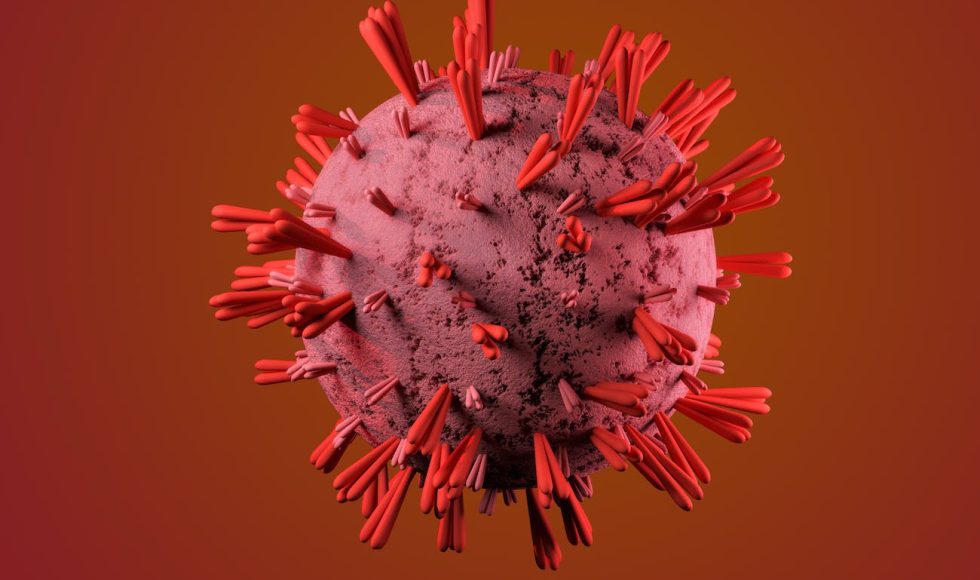Tomas Marques-Bonet from the Institute of Evolutionary Biology in Spain presented at the Nanopore Community Meeting 2021 about “Org.one: a new program to promote sequencing biodiversity.” Tomorrow London Calling 2023 begins and I am continuing to watch previous sessions. Marques-Bonet highlighted how biodiversity is at risk, with more than 37,400 species threatened with extinction. Amphibians […]
Ewan Birney from EMBL & EMBL-EBI in the UK presented at the Nanopore Community Meeting 2021 on “DNA and RNA modifications: how nanopore is giving us new biological insights -from COVID to gene expression.” They began by explaining that nanopore sequencing and sensing modification was recognized as feasible in 2014. DNA modifications such as CpG […]
Sam Kovaka, a PhD candidate from Johns Hopkins University, spoke at the Nanopore Community Meeting 2021 about “Visualization and analysis of nanopore RNA and DNA signal alignments with UNCALLED4.” They explained adaptive sampling (AKA “ReadUntil“): “software-based targeted sequencing via selective ejection of reads” Kovaka explained that this requires rapid identification based on the beginning of […]
Adriel Latorre-Perez from Darwin Bioprospecting Excellence S.L. in Spain presented at the Nanopore Community Meeting 2021 about “A round trip to the desert: in situ nanopore sequencing informs targeted bioprospecting.” They defined microbial bioprospecting as “the search for biotechnologically-relevant products from microbial communities.” The products could be enzymes, molecules, or microbiomes. The process starts with […]
Jolien D’aes from Sciensano, Belgium presented at the Nanopore Community Meeting 2021 on “Characterization of genetically modified microorganisms is facilitated by long-read whole-genome sequencing.” They explained that Sciensano is the Belgian science institute for food and animal safety. They monitor GMO-derived fermentation products. They may contain antimicrobial genes as resistance markers. Regulation prohibits the presence […]
Matt Attreed presented at the Nanopore Community Meeting 2022 on “How to generate assemblies and call variants.” This is a Masterclass and started by describing the resources on the Nanopore website. There is a page dedicated page on Nanopore accuracy information. The session included different workflows that process FASTQ files to SAM, BAM, and other […]
Alaina Shumate from John Hopkins University presented at the Nanopore Community Meeting 2021 about “The annotation of novel genes in a complete human genome.” They began by describing how in 2003 scientists “finished” the Human genome Project but there still was missing sequence! In 2021, the Telomere-to-Telomere (T2T) Consortium actually completed the sequence of a […]
Yutaka Suzuki presented from the University of Tokyo, Japan at the Nanopore Community Meeting 2021 on “Phasing analysis of lung cancer genomes using PromethION R10.4.” Suzuki is in charge of the sequencing core lab at the University of Tokyo. The core uses a lot of PromethION flow cells, as was apparent by the photo they […]
Andrea Legati from The Foundation of the Carlo BEsta Neurological Institute, IRCCS, Italy, spoke at the Nanopore Community Meeting 2021 on “Mitochondrial DNA analysis by long-read NGS in patients affected by mitochondrial diseases.” Legati spoke about the role of mitochondria in ATP production and metabolites and the significance of mitochondrial DNA (mtDNA) deletions. There are […]
Julie Karl & Robert Maddox from the University of Wisconsin-Madison presented at the Nanopore Community Meeting 2021 about “SARS-CoV-2 sequencing: on the midnight train to throughput.” They started with statistics from November 11, 2021 about global COVID-19 cases, including data from GISAID. The GISAID graph showed which countries had contributed to the database. Karl shared […]











